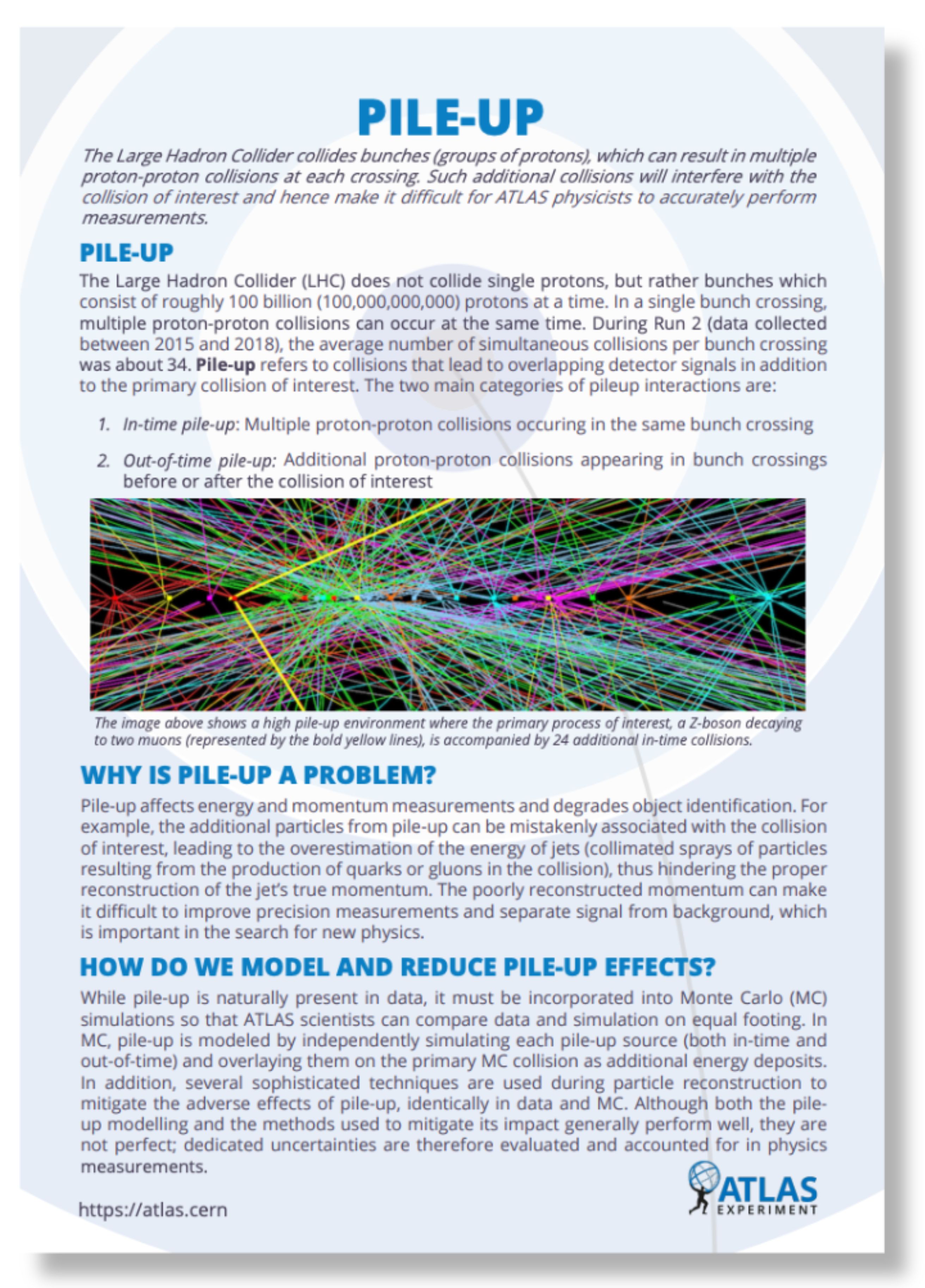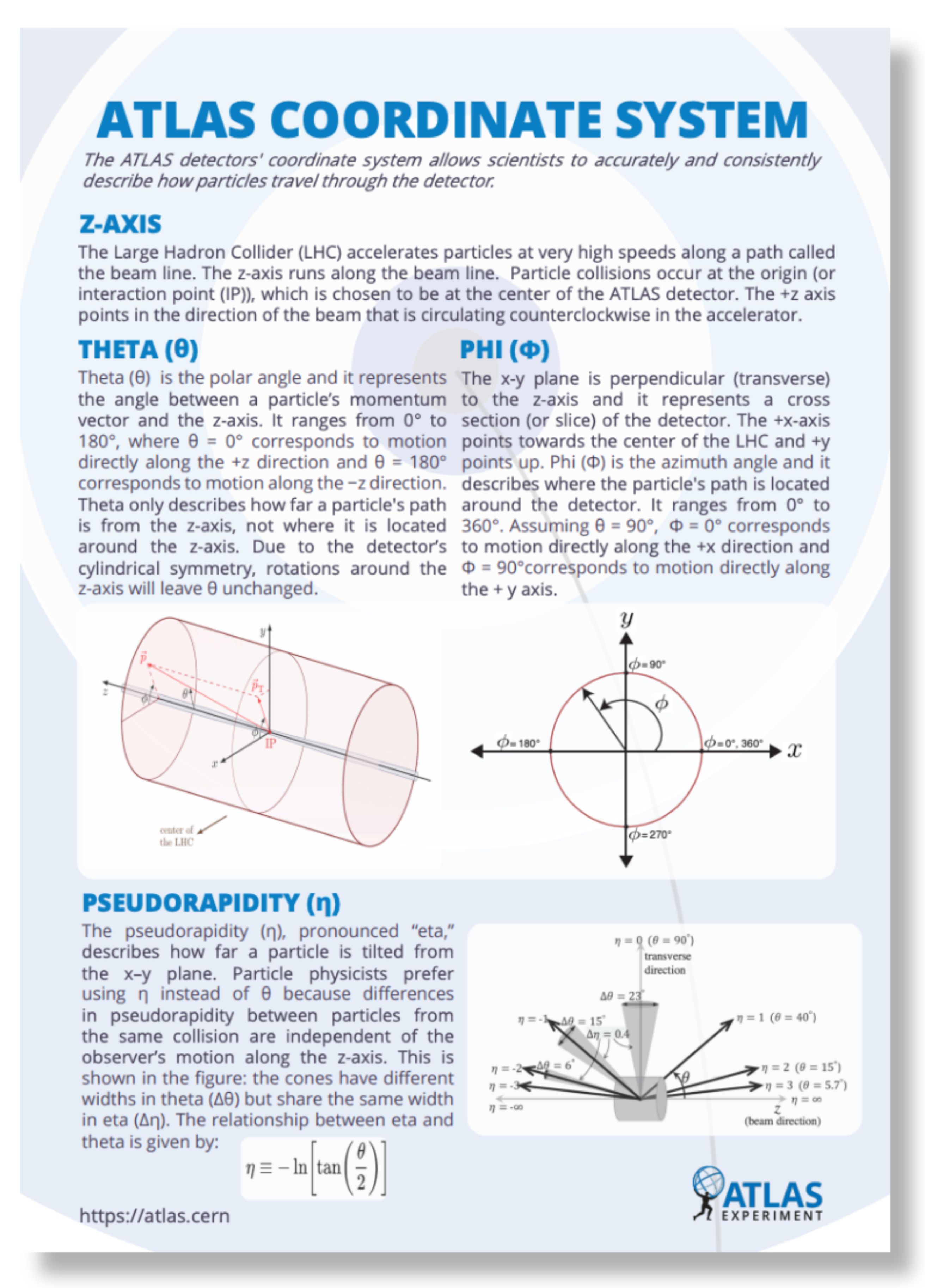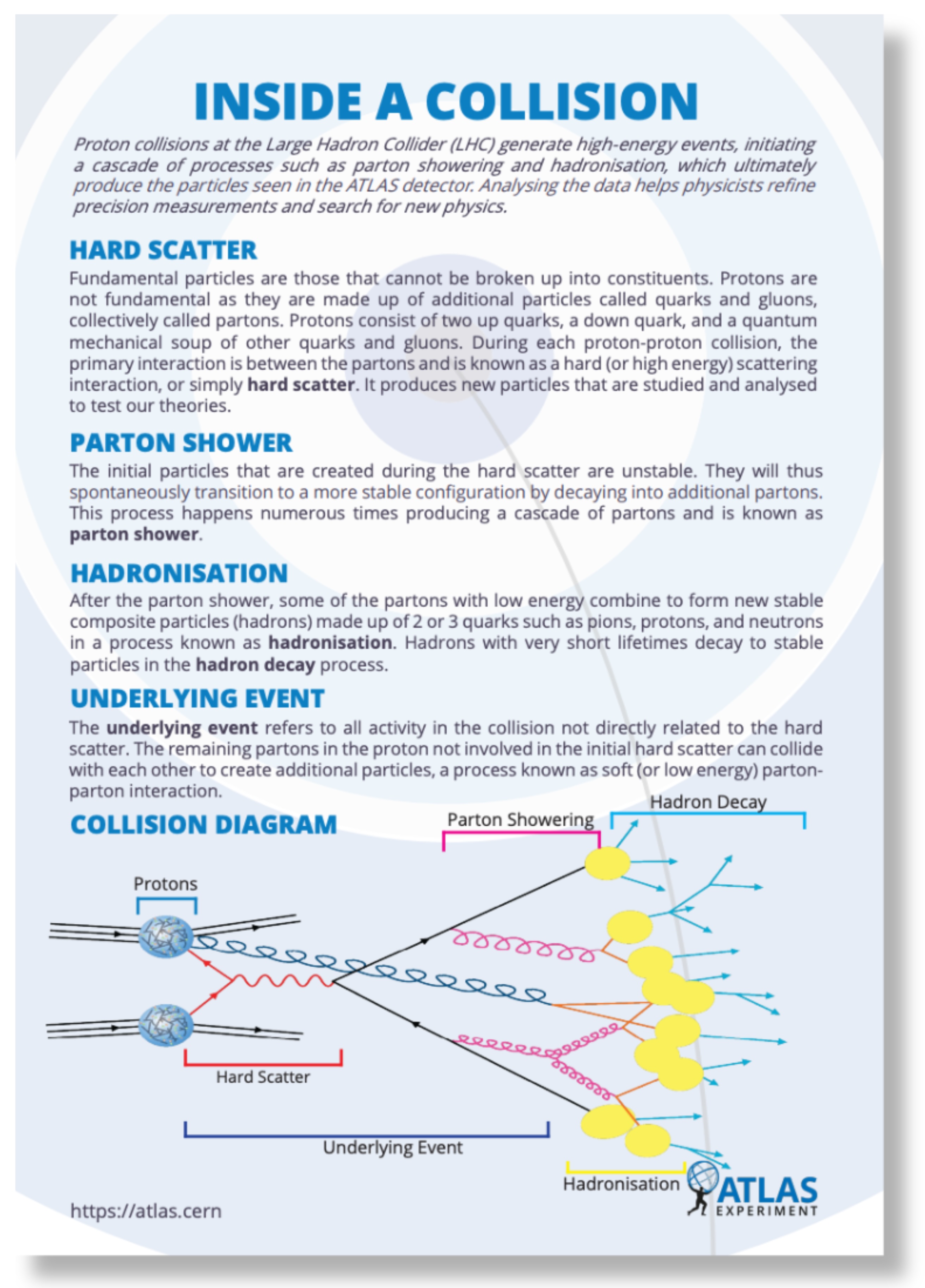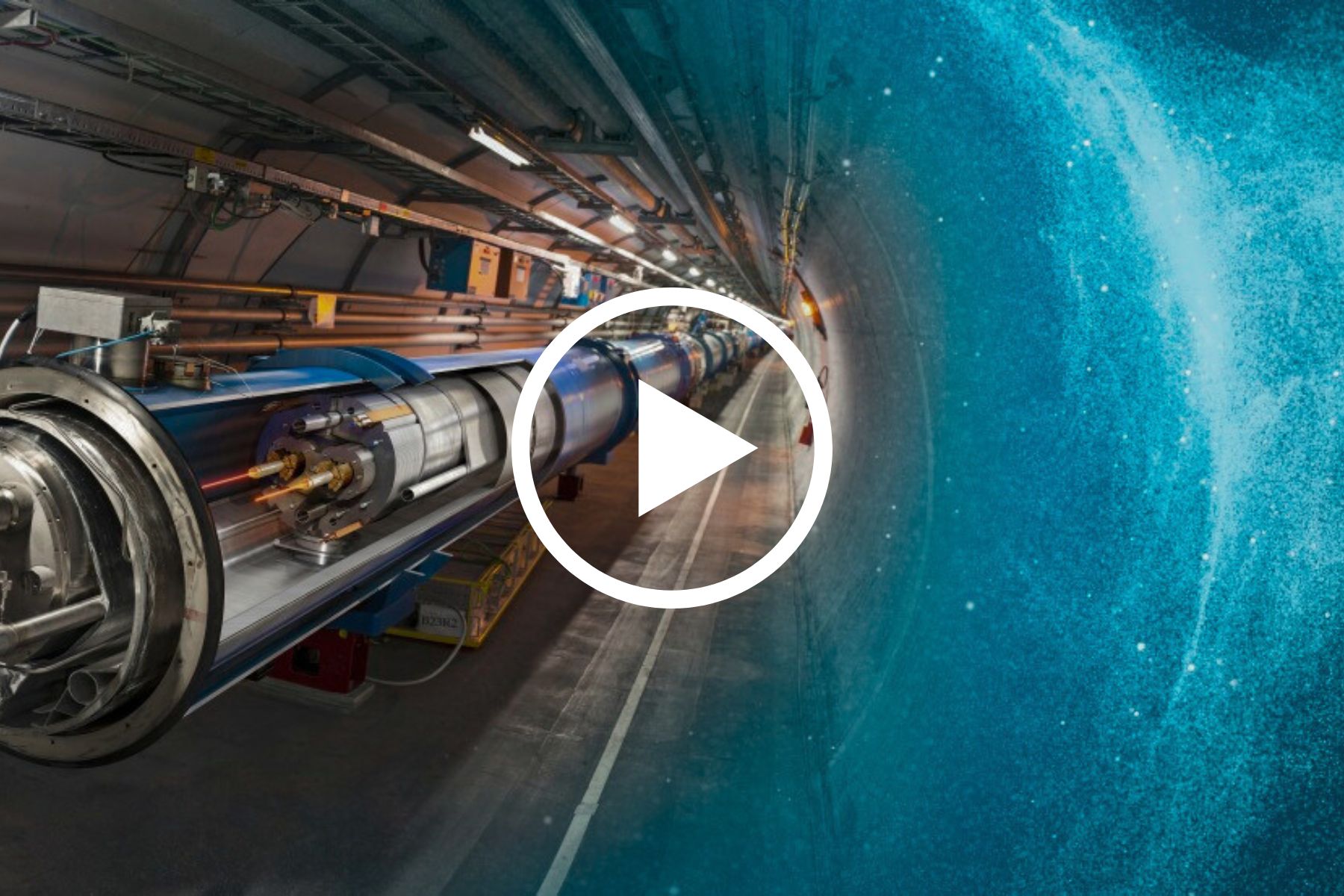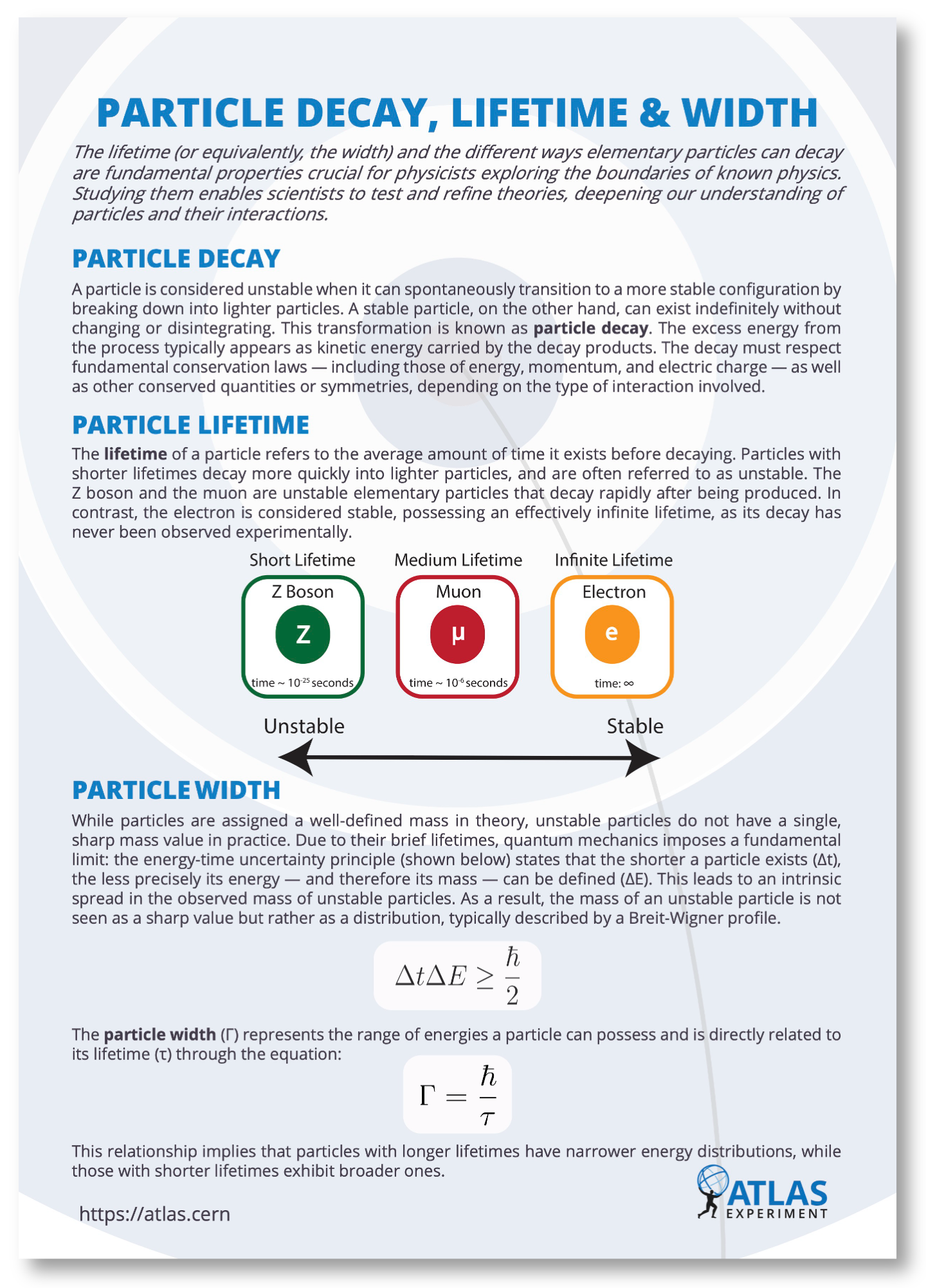Join us for an Open ATLAS Virtual Visit, hosted by ATLAS physicists Christian Appelt and Despoina Sampsonidou.
This live virtual event will take you inside the ATLAS cavern at CERN, offering a rare opportunity to see the ATLAS detector up close before the cavern is closed for LHC operation. From 100 meters underground, the hosts will guide you around one of the world’s largest and most sophisticated scientific instruments.

